
DUSTMETAL GREY
by
Neil Cocker
Her fingertip rests on the ivory piano key. Her eyes are closed tightly. The right moment will arrive at any second. She waits, holding her breath. Then it happens: she feels the rush inside her, and she presses the key.
plink
She listens to the muted echo, the invisible tremor running through the piano. Sometimes this tremor gets inside her, and she shivers. She smiles to herself and waits for the silence to return. This is one of the games she has invented to amuse herself.
plink
Every time she touches the piano key she imagines a single white petal falling from the ceiling behind her and drifting to the floor.
plink
Every third or fourth time, she jumps round to try and catch a glimpse of this falling petal. Nobody in the world can see it, unless they have special powers. She thinks she has these powers, because once she saw something. She is sure she did. It was like a white butterfly wing, and just as she focused on it, it began to fade.
plink
She spins round, eyes darting around the room. Nothing. Too slow. Just as she turns back to the piano, ready to try again, her game is interrupted by the sound of her mother screaming downstairs. And then other noises drift up to her, as if to draw her in. Rabbi Adamovich is saying a prayer, his voice close to a gurgle. There is shouting in the street: Lithuanian voices. The daydream fades. She puts the piano lid back down and goes over to the window.
The armoured car is parked in the middle of the road, and one of the German soldiers, leaning out the metal box and smiling, is passing a cigarette to a Lithuanian policeman. The noise downstairs has dwindled into sobbing. The last two weeks have been dreamlike, removed from everything she has ever known. Her parents surprise her every day. Suddenly the things they have always told her seem like lies. Their authority is dismissed with a laugh, a curse, a spit. Her parents have been important, distant, godlike people all of her nine years, and now suddenly they are small.
Everyone she has grown up with is hiding or has disappeared. All since the day she was playing with Sara in the forest.
They were running between the trees, laughing and skipping over the flowers and weeds. She stopped to wait for Sara, resting against a lichen-swaddled beech, panting heavily through her smile. As she caught her breath she noticed that something was wrong. Something was out of place; something was mixing with the noises of the forest, metal grating against stone.
Drawn by her curiosity, she walked through the rows of trees until she could see the road. The noise was louder, drilling into the summer air. She looked and could see nothing; but all of a sudden it appeared, clattering along the ground, beating dust from the dry road and spitting it behind in high clouds.
She had seen nothing like it. It was similar to a car, but plated in steel, wheels strung between a belt of chainmail, rolling together in an endless circle. A man stood up in the middle, his head and shoulders sticking out like he was part of the machine, a centaur with wire for veins and oil for blood. She could do nothing but gape, struggling to understand what this was and what it meant.
Sara joined her at her shoulder. Her friend said nothing. Another vehicle, exactly the same as the first, rolled past their eyes, the noise doubling to a cacophonic rattle. Finally an open lorry followed behind, rumbling along with a dozen soldiers in the back, men fixed in a huddled crouch like gargoyles.
She remembered so vividly seeing their uniforms, an unnatural colour, a dustmetal grey, like they had been crudely sculpted from dead granite.
She ran home, and had barely got through the front gate when her mother grabbed her and hauled her upstairs. And since that day she has stayed in the dark house, missing the August sun and eating dry bread, while all around her people shout and cry and pray.
She hops across the carpet, bouncing from pattern to pattern. Why can't she just go outside for a little bit? Above her, through the wood and plaster and tiles, she knows the sun is beating down, shimmering through a clear sky. All those long days of school, all the daydreams about summer, and now she can't even enjoy it. Tears of frustration rise to her eyes.
All of a sudden her mother's screams return, this time with an added frantic edge. Heavy footsteps clump on the floorboards, then up the stairs. She stands frozen with fascination, staring at the doorway.
A man appears, a young man with blond hair. He is wearing a tatty old shirt and oil-smudged trousers, and round his arm he has a band with the colours of the Lithuanian flag. Yellow, red and green. His eyes wander round the room, jerking nervously from wall to wall.
�Laisvidas!�
Laisvidas is her father's student; once a week he comes here for his German lessons, and sometimes she stands breathlessly outside her father's study and listens to the voices, thick and heavy with the foreign words. Laisvidas is shy, but one time when her father was seeing a patient Laisvidas played catch with her outside, and they both laughed and had a good time.
�Lana. It's time to go.�
�Are we going outside?�
�Yes. Come on.� He steps to one side and gestures to the staircase. She takes his hand and they walk down the stairs.
In the hallway two Germans are smoking and muttering. It is the first time she has been this close. She is surprised to see that their uniforms have buttons and braid. For some reason she has always imagined that the grey would cover them like thin, hairless skin. Laisvidas puts his hand on her shoulder and guides her out the front door.
The open lorry she saw the day in the forest is reversing into the street. In the middle of the road she sees her parents and the Rabbi and Mr and Mrs Kaplan and the old man from the bookshop. And the others, the quiet sombre ones who came from Vilna months ago to stay with cousins. Her father steps out of the small crowd and opens his arms. She runs to him, watched by the ring of Lithuanians around them, some of them in police uniforms. He pulls her up into his arms. Her mother paws at her, whispering feverishly.
The police chief steps forward, adjusting his rifle strap. He is Laisvidas's brother. He smiles. �How does it feel to be the last? You're lucky!�
The lorry has stopped. Its engine is vibrating in a steady purr, and one of the Lithuanians unhooks the hatch and lowers it. He jabs his rifle towards the empty back, flat panels of rough wood fastened across the vehicle's frame.
�Get in.�
There is a moment of dead silence. Then the Rabbi steps forward and pushes his frail body up onto the truck. He puts out his hand for the next person. His congregation pause. Mr Shofer shambles forward, shaking his head and looking at the dust below. He helps his wife onto the back, and one by one the women come forward and climb up onto the platform with his assistance.
As her father carries her towards the truck the police chief steps into their path and with a grimy hand pinches her cheek. �Your father is a great teacher,� he says, grinning, so close she can smell the tobacco on his breath. The police chief laughs and her father pushes past, passing her up to the Rabbi. The Rabbi's hands are shaky and smell of old books. He kisses her brow as he puts her gently to the floor. Her father gets up onto the truck behind her.
Two Lithuanians flip up the hatch and bolt it shut. One of them bangs the side, and she looks around to see if anyone knows what is happening. Their faces are blank. The lorry revs, and before they are ready it lurches forward, bumping them against one another.
Her father shouts for them all to sit down. The vehicle picks up speed and they huddle together, silent and frightened. She looks out the back and sees the armoured car rumbling behind, scurrying amidst the billowing dust. Through the flying grit she sees a rifle poking out the top, a spindly antenna twiddling impatiently.
The lorry swings round a corner. They are now on the main street, a wide road of cobbles lined with shops and drooping trees. Unable to contain herself she stands up and points to the bookshop. The window is broken, a jagged starfish-shaped hole revealing a lone figure gazing out at them, face blurred by the glare of the sun. She looks over at the man who owns the bookshop, but he is looking at his hands.
Her father takes her by the waist and gently lowers her to the floor. He pushes his mouth down onto her head, a rough kiss rubbing her scalp. The sun is hot and she looks high above at the flat blue sky, smudged with humidity. People are crying all around. Her mother has buried her face between her knees.
They are on the road to Vilna. Why are they going to Vilna? She doesn't like the city. Her heart is quivering in her chest, ready to burst and spill the tears down her face. The town is behind them and seems far away already. She looks over to the side where the fields are rushing by in a swish of grass and insect haze.
Suddenly the lorry brakes, sending them all sliding towards the front in a yelling twist of bodies. The vehicle banks and the world spins, and she flips over on top of someone. Above her the sky has darkened, filtered through a tight web of leaves. The lorry jumps and bumps over the new road. They are in the forest. They're not going to Vilna. She feels relieved.
The noise of the engine seems to dwindle, and it fades and fades, until she thinks that everything will fade, and she will find herself on her own. Just as she feels ready to close her eyes the lorry jolts to a halt. For a few moments things are quiet. Only coughing and stifled crying. She looks over the side and what she sees knocks the breath from her.
At the side of the track is an open space going back fifty metres square. Trees have been torn out and thrown to one side. It looks as though the heart has been ripped out the forest, leaving a gaping wound of churned and trampled mud. When she looks closer she sees that the broken earth has a regularity: it is divided into rows of long whitish rectangles, split into two halves. The symmetry is broken in the far corner, where there is a rectangular hole with a blizzard of flies above it.
The hatch at the back of the lorry drops and someone shouts for them to get out. One or two climb out then the Lithuanians start pulling people down, grabbing at ankles and hauling them off, and she sees them tumble out like they're falling off a cliff. She runs to the back of the lorry. Her father is struggling and they are hitting him with their rifles. Then he disappears off the edge.
Only the Rabbi and her are left. He lies face down on the wooden planks, breathing hoarsely, one hand clutching at nothing. Two of the policemen climb up onto the lorry, take his arms and legs, and throw him off the back. She shrinks against the wall of the cab, pushing her face against the warm metal.
A pair of hands gently slide round her waist and pick her up. She feels herself being carried down off the back of the lorry, and placed carefully on the mossy forest floor. She opens her eyes and sees Laisvidas looking at her. He turns and walks off between the trees.
The Rabbi is being dragged off towards the hole in the corner. The rest of them are crouching in the grass and flowers, praying and sobbing. Her mother is screaming and shaking her head, and father lies on the ground, face a mess of blood and flesh.
The police chief stands over them, and fumbles in his pockets for a cigarette. �You were only ever guests in my country.� He gestures dismissively with his hand.
Three of the Lithuanians move towards them, cursing and shouting. They lift their rifles above their heads like farm tools, and swing them downwards in heavy swipes, beating the twisted forms in the grass. She drops to the soft turf, digging her fingers into the earth. This is what it all means. Just before she closes her eyes she sees the metal flashing in the sun.
� Neil Cocker
Reproduced with permission
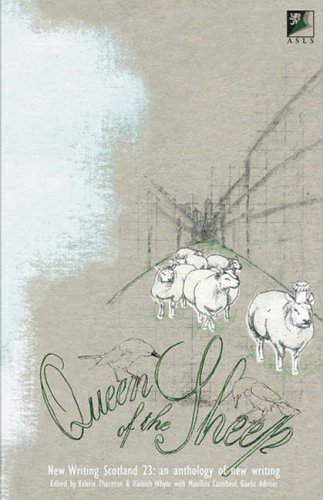
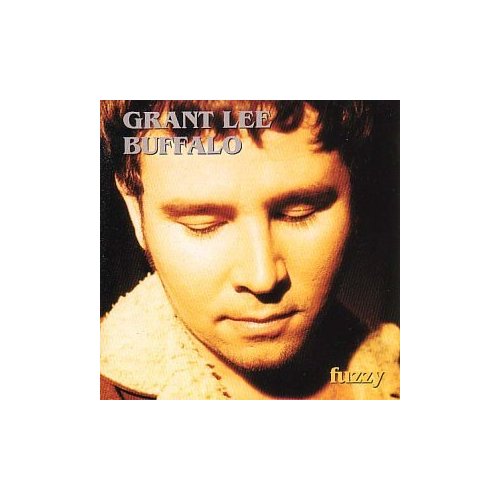
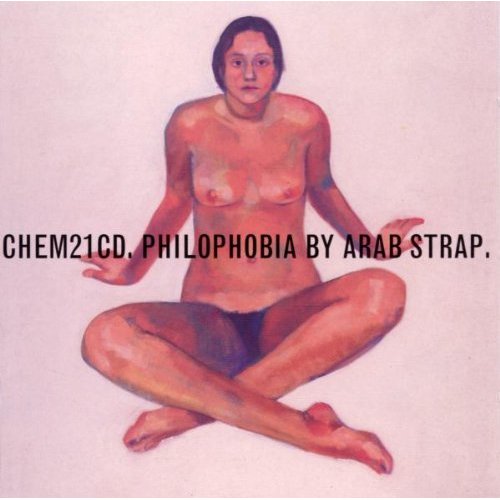
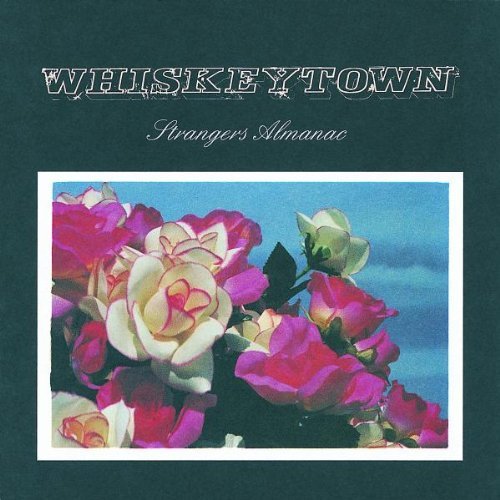 STRANGERS ALMANAC by Whiskeytown
STRANGERS ALMANAC by Whiskeytown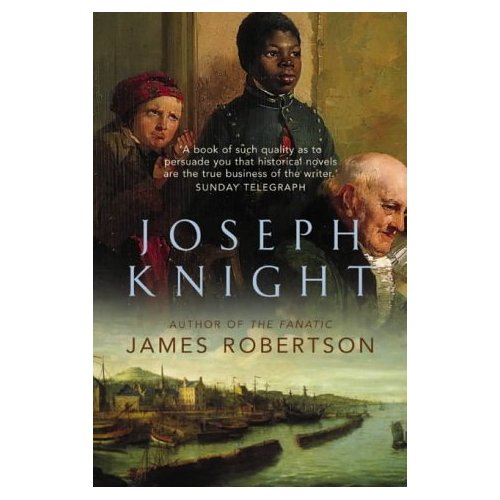
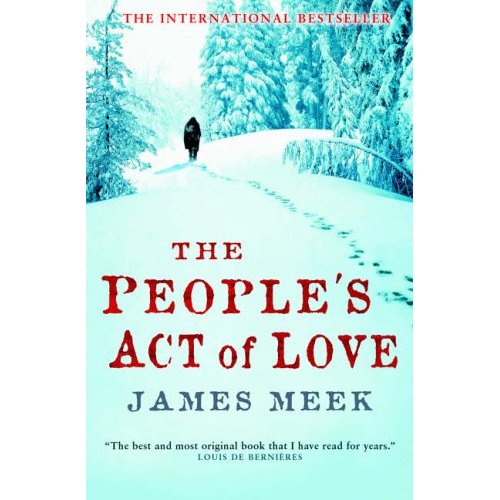
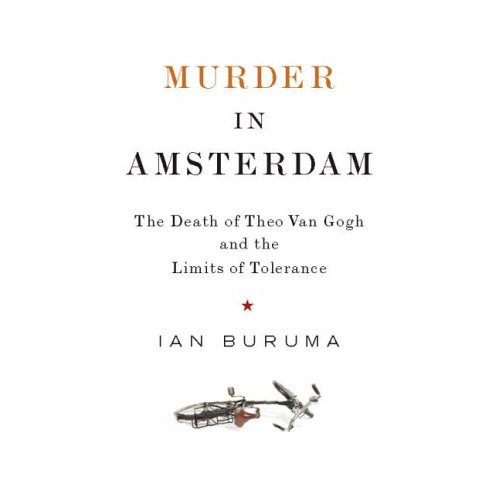 MURDER IN AMSTERDAM by Ian Buruma
MURDER IN AMSTERDAM by Ian Buruma
